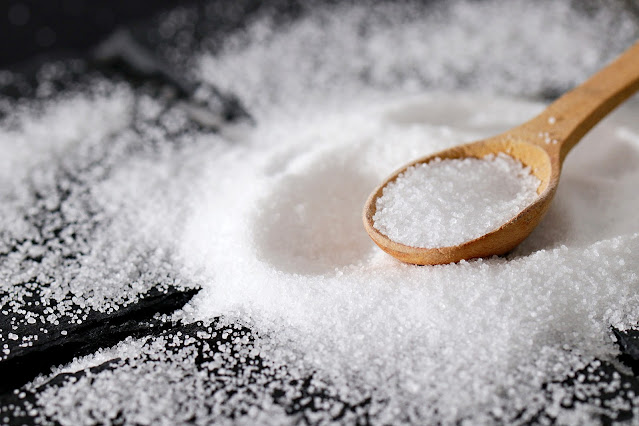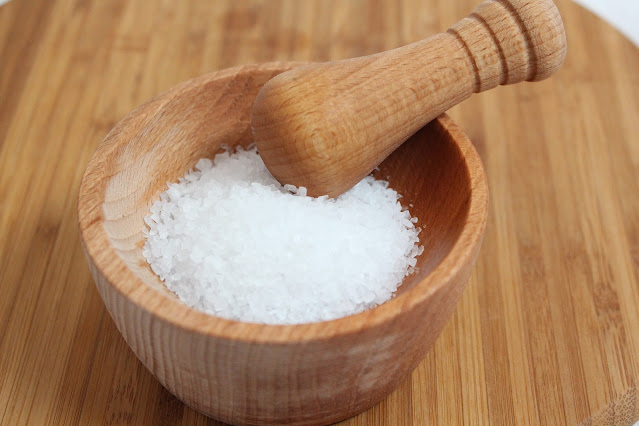Introduction
Obesity is a growing health concern worldwide. The World Health Organization (WHO) reports that obesity has more than tripled since 1975, with an estimated 650 million adults worldwide being obese. Several factors contribute to obesity, including poor diet, lack of physical activity, and genetics. However, recent studies have also found a potential link between salt intake and obesity. In this blog, we will explore how salt affects obesity and answer some commonly asked questions regarding salt intake during fat loss.
Can a High Salt Diet Cause Obesity?
A high-salt diet may contribute to obesity in several ways. One way is by increasing fluid retention in the body, leading to bloating and weight gain. Excessive salt intake can also cause an increase in appetite, which can result in overeating and weight gain over time. Furthermore, high salt intake has been linked to insulin resistance, which may contribute to the development of obesity and metabolic disorders.
How Does Salt Affect Obesity?
Salt affects obesity by influencing the hormones that regulate appetite and energy balance. One of these hormones is leptin, which is produced by fat cells and helps to regulate hunger and energy balance. High salt intake has been shown to reduce the sensitivity of the body to leptin, leading to an increase in appetite and food intake. This, in turn, can lead to weight gain and obesity.
Can We Eat Salt During Fat Loss?
Yes, we can eat salt during fat loss. However, it is essential to keep salt intake within recommended levels. The American Heart Association recommends consuming no more than 2,300 milligrams of sodium per day, which is about a teaspoon of salt. For those with high blood pressure, the recommended intake is even lower, at 1,500 milligrams per day.
High-Fat Diets and Salt Intake
Several studies have shown that a high-fat diet can lead to a preference for salty foods. A study published in the journal Appetite found that rats fed a high-fat diet during early life had a stronger preference for salty foods later on. Another study by the University of Iowa found that a high-fat diet led to an increased intake of salty foods in mice.
Conclusion
In conclusion, salt intake may play a role in the
development of obesity. A high salt diet can cause fluid retention, increase
appetite, and reduce the body's sensitivity to leptin. However, it is possible
to eat salt during fat loss, as long as salt intake is kept within recommended
levels. Furthermore, a high-fat diet may lead to a preference for salty foods,
which may contribute to the development of obesity. To maintain a healthy
weight, it is important to follow a balanced diet and to limit salt intake to
recommended levels.


Comments
Post a Comment
If you have any query related to health , disease diagnosis and supplements, please let me know